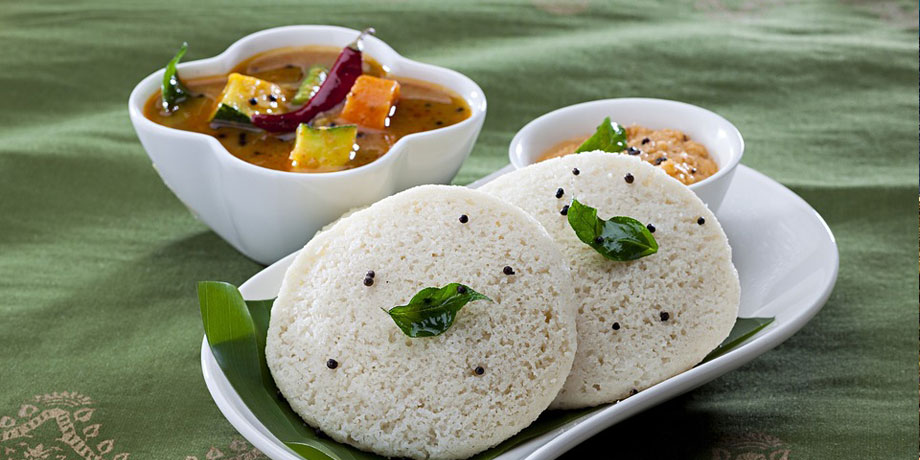
Indian cuisine is a reflection of the country's rich cultural heritage and its diverse geography. From the aromatic spices of the north to the coconut-based dishes of the south, the country's food is a true representation of its melting pot of cultures, traditions, and history. The diversity of Indian cuisine is a testament to the country's ability to embrace different cultures, flavors, and ingredients.
India has always been a crossroads of civilizations, with the Mughals, Persians, Arabs, and British all leaving their mark on the country's food. This has resulted in a cuisine that is rich in flavors, aromas, and spices, which is why it has become one of the most popular cuisines in the world. The country's diverse landscape, from the Himalayas in the north to the Indian Ocean in the south, has also played a role in the variety of dishes that can be found in different regions.
One of the unique aspects of Indian cuisine is the use of spices and herbs. The country's tropical climate allows for the growth of a wide range of spices and herbs, which are then used to flavor dishes. Some of the most commonly used spices include cumin, coriander, turmeric, cardamom, and cinnamon. The combination of these spices creates the unique flavors and aromas that are associated with Indian cuisine.
Another important aspect of Indian cuisine is the use of herbs, such as mint, cilantro, and basil, which are used to add flavor and fragrance to dishes. Herbs are also used for their medicinal properties, which is why they have been a part of Indian cuisine for thousands of years. In addition to herbs and spices, Indian cuisine also features a variety of vegetarian and non-vegetarian dishes, each with its own unique flavor and texture.
In northern India, dishes such as butter chicken, biryani, and kebabs are popular, while in the south, dishes such as dosa, sambar, and idli are favored. In the eastern region, fish and seafood are a staple, while in the western region, vegetarian dishes such as bhakri, a type of flatbread, are popular. The cuisine in each region is influenced by the local climate, culture, and traditions, which is why there is such a wide variety of dishes to choose from.
In addition to its diverse food culture, Indian cuisine is also known for its rich history and cultural significance. The country's food is an integral part of its social and religious customs, with different dishes being served during festivals, religious ceremonies, and special occasions. For example, during the Hindu festival of Diwali, sweets such as laddoo and barfi are served, while during the Muslim festival of Eid, dishes such as biryani and kebabs are enjoyed.
As India continues to modernize, its cuisine has also evolved, with many new and innovative dishes being created. However, despite these changes, the country's traditional dishes continue to be popular, with many families still cooking and serving the same dishes that have been passed down for generations.
In conclusion, Indian cuisine is a true reflection of the country's rich cultural heritage, diversity, and history. From its use of spices and herbs to its vegetarian and non-vegetarian dishes, the country's food is an integral part of its social and religious customs. Whether you are a fan of traditional dishes or prefer more contemporary offerings, there is no denying that Indian cuisine is a true feast for the senses.



Leave a Comment